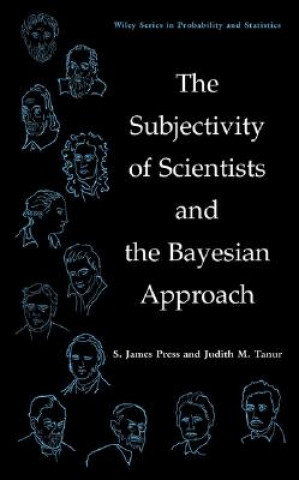
Kód: 04890536
Subjectivity of Scientists and the Bayesian Approach
Autor S. James Press, Judith M. Tanur
Comparing and contrasting the reality of subjectivity in the work of history's great scientists and the modern Bayesian approach to statistical analysis Scientists and researchers are taught to analyze their data from an objective ... celý popis
- Jazyk:
 Angličtina
Angličtina - Vazba: Pevná
- Počet stran: 304
Nakladatelství: John Wiley & Sons Inc, 2001
- Více informací o knize

Mohlo by se vám také líbit
-

Reading The Eve of St Agnes
6167 Kč -

Civilian Immunity in War
1755 Kč -

History of Independent Television in Wales
970 Kč -

True Size of Government
927 Kč -

Pursuit of Murieta
883 Kč -

Teleworking and Urban Development Patterns
3480 Kč -

Follow That Map!
479 Kč
Darujte tuto knihu ještě dnes
- Objednejte knihu a zvolte Zaslat jako dárek.
- Obratem obdržíte darovací poukaz na knihu, který můžete ihned předat obdarovanému.
- Knihu zašleme na adresu obdarovaného, o nic se nestaráte.
Více informací o knize Subjectivity of Scientists and the Bayesian Approach
Nákupem získáte 482 bodů
 Anotace knihy
Anotace knihy
Comparing and contrasting the reality of subjectivity in the work of history's great scientists and the modern Bayesian approach to statistical analysis Scientists and researchers are taught to analyze their data from an objective point of view, allowing the data to speak for themselves rather than assigning them meaning based on expectations or opinions. But scientists have never behaved fully objectively. Throughout history, some of our greatest scientific minds have relied on intuition, hunches, and personal beliefs to make sense of empirical data-and these subjective influences have often aided in humanity's greatest scientific achievements. The authors argue that subjectivity has not only played a significant role in the advancement of science, but that science will advance more rapidly if the modern methods of Bayesian statistical analysis replace some of the classical twentieth-century methods that have traditionally been taught. To accomplish this goal, the authors examine the lives and work of history's great scientists and show that even the most successful have sometimes misrepresented findings or been influenced by their own preconceived notions of religion, metaphysics, and the occult, or the personal beliefs of their mentors. Contrary to popular belief, our greatest scientific thinkers approached their data with a combination of subjectivity and empiricism, and thus informally achieved what is more formally accomplished by the modern Bayesian approach to data analysis. Yet we are still taught that science is purely objective. This innovative book dispels that myth using historical accounts and biographical sketches of more than a dozen great scientists, including Aristotle, Galileo Galilei, Johannes Kepler, William Harvey, Sir Isaac Newton, Antoine Levoisier, Alexander von Humboldt, Michael Faraday, Charles Darwin, Louis Pasteur, Gregor Mendel, Sigmund Freud, Marie Curie, Robert Millikan, Albert Einstein, Sir Cyril Burt, and Margaret Mead. Also included is a detailed treatment of the modern Bayesian approach to data analysis. Up-to-date references to the Bayesian theoretical and applied literature, as well as reference lists of the primary sources of the principal works of all the scientists discussed, round out this comprehensive treatment of the subject. Readers will benefit from this cogent and enlightening view of the history of subjectivity in science and the authors' alternative vision of how the Bayesian approach should be used to further the cause of science and learning well into the twenty-first century.
 Parametry knihy
Parametry knihy
Zařazení knihy Knihy v angličtině Mathematics & science Mathematics Probability & statistics
4818 Kč
- Plný název: Subjectivity of Scientists and the Bayesian Approach
- Autor: S. James Press, Judith M. Tanur
- Jazyk:
 Angličtina
Angličtina - Vazba: Pevná
- Počet stran: 304
- EAN: 9780471396857
- ISBN: 0471396850
- ID: 04890536
- Nakladatelství: John Wiley & Sons Inc
- Hmotnost: 572 g
- Rozměry: 243 × 164 × 21 mm
- Datum vydání: 02. April 2001
Oblíbené z jiného soudku
-
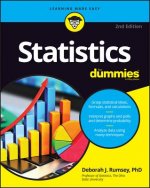
Statistics For Dummies, 2nd Edition
483 Kč -
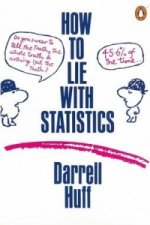
How to Lie with Statistics
303 Kč -
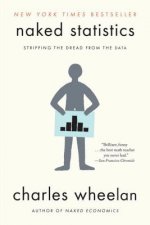
Naked Statistics
386 Kč -

Elements of Statistical Learning
2290 Kč -

Theory That Would Not Die
421 Kč -
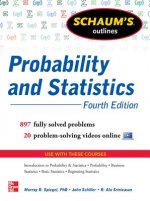
Schaum's Outline of Probability and Statistics
517 Kč -
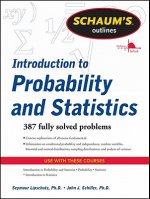
Schaum's Outline of Introduction to Probability and Statistics
637 Kč -
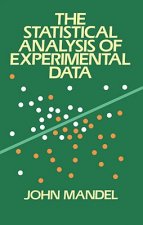
Statistical Analysis of Experimental Data
522 Kč -
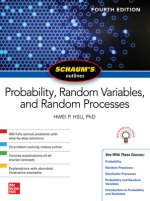
Schaum's Outline of Probability, Random Variables, and Random Processes, Fourth Edition
676 Kč -
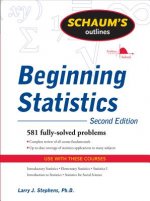
Schaum's Outline of Beginning Statistics, Second Edition
896 Kč -
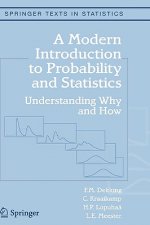
Modern Introduction to Probability and Statistics
1068 Kč -

First Course in Probability, Global Edition
2033 Kč -

Manga Guide To Regression Analysis
549 Kč -

Foundations of the Theory of Probability: Second English
303 Kč -

An Introduction to Statistical Learning
3217 Kč -
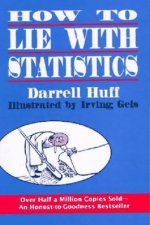
How to Lie with Statistics
287 Kč -

Biostatistics For Dummies
483 Kč -
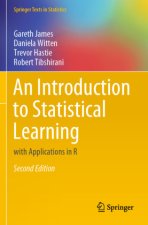
Introduction to Statistical Learning
1977 Kč -

Manga Guide To Statistics
553 Kč -

Probability Theory
212 Kč -

Pearson Edexcel International A Level Mathematics Statistics 2 Student Book
977 Kč -

Introduction to the Practice of Statistics
2416 Kč -

Statistics for Business and Economics
2314 Kč -
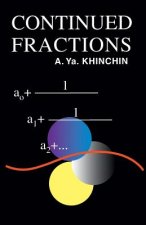
Continued Fractions
194 Kč -

Introductory Econometrics for Finance
1624 Kč -

What Is Random?
433 Kč -
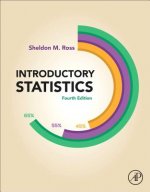
Introductory Statistics
4124 Kč -
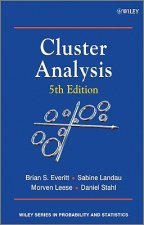
Cluster Analysis
2921 Kč -
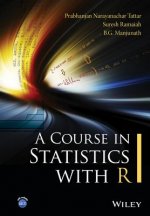
Course in Statistics with R
3338 Kč -
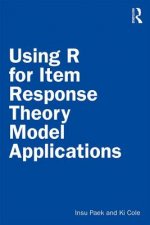
Using R for Item Response Theory Model Applications
1494 Kč -
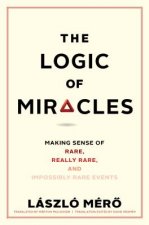
Logic of Miracles
710 Kč -

Using Multivariate Statistics
2074 Kč -

Quantum Information Theory and Quantum Statistics
1977 Kč -

Duelling Idiots and Other Probability Puzzlers
565 Kč -
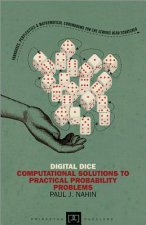
Digital Dice
527 Kč -

Cambridge International AS & A Level Mathematics Probability and Statistics 1 Student's Book
780 Kč -

Statistics Done Wrong
578 Kč -

Discovering Statistics Using R
2260 Kč -

Introduction to Statistical Learning
2456 Kč -
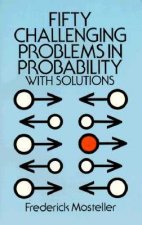
Fifty Challenging Problems in Probability with Solutions
277 Kč -

Introduction to Probability, Second Edition
2413 Kč -
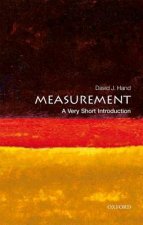
Measurement: A Very Short Introduction
269 Kč -
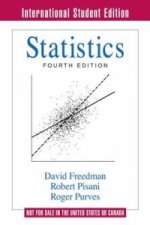
Statistics
1715 Kč -
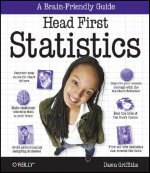
Head First Statistics
874 Kč -
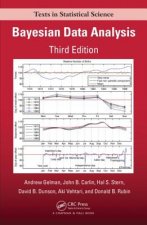
Bayesian Data Analysis
2820 Kč -
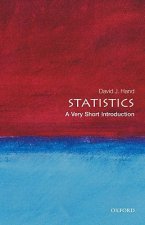
Statistics: A Very Short Introduction
269 Kč -

Doing Bayesian Data Analysis
2255 Kč -
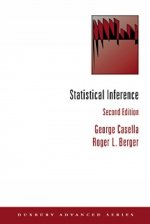
Statistical Inference
2534 Kč -
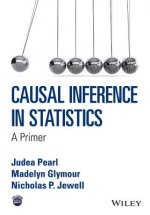
Causal Inference in Statistics - A Primer
1090 Kč
Osobní odběr Praha, Brno a 12903 dalších
Copyright ©2008-24 nejlevnejsi-knihy.cz Všechna práva vyhrazenaSoukromíCookies



 Vrácení do měsíce
Vrácení do měsíce 571 999 099 (8-15.30h)
571 999 099 (8-15.30h)